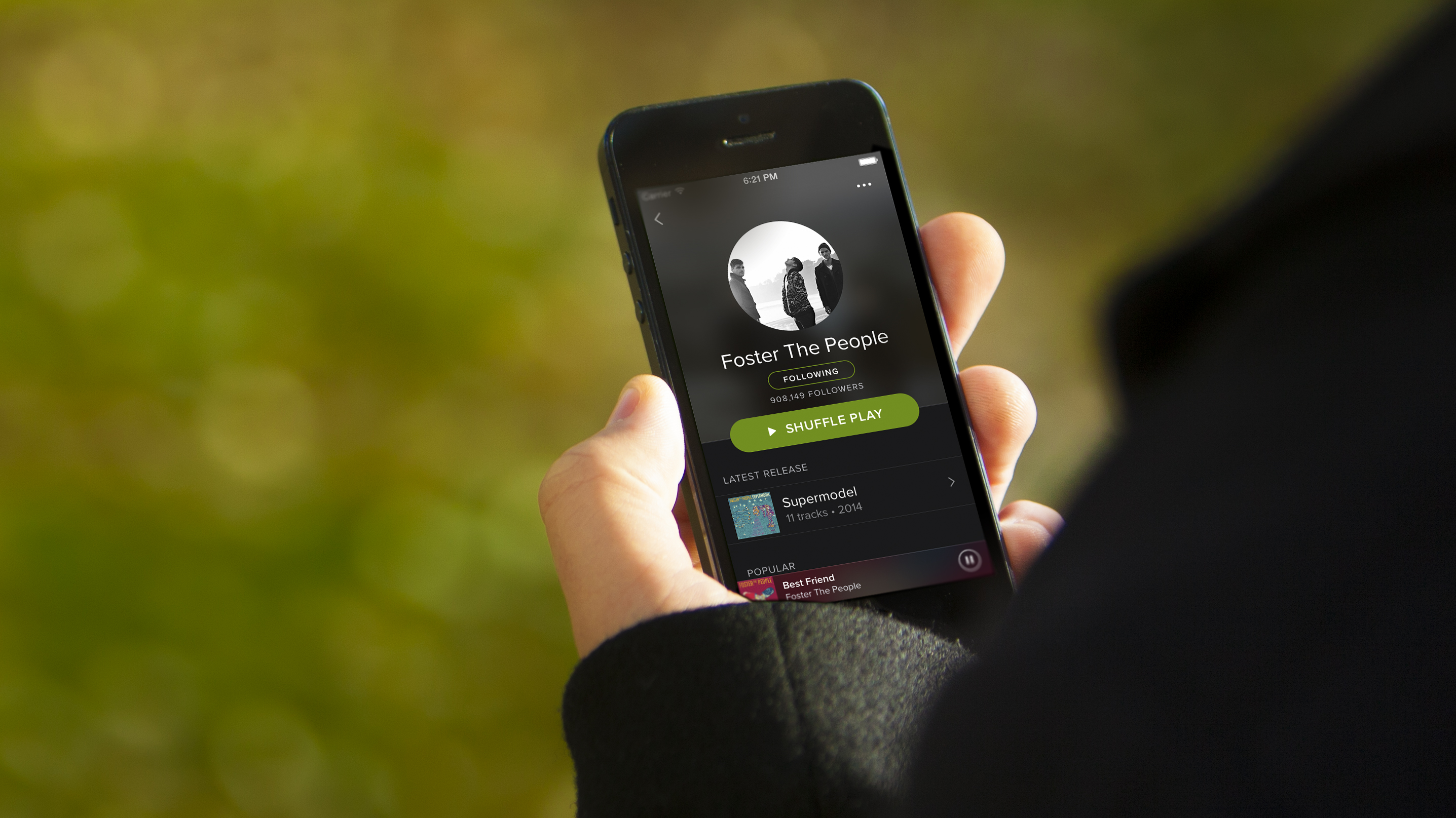
Taylor Swift has made her feelings on streaming music perfectly clear. Though the industry is trending towards streaming, all-you-can-eat subscription music services, the popstar has been fearless in her position on these new delivery models. She penned an editorial for the Wall Street Journal that was essentially a love story to the album as a means for music delivery. In it, she highlighted the treacherous ground upon which artists who give away their music for “practically free” are treading. Streaming was included alongside piracy and file sharing as Ms. Swift assigned blame for falling music sales.
Though it appeared everything had changed with the release of Shake It Off, which was readily available on Spotify, Google Music, and other streaming services, when the 1989 album launched, Taylor came out swinging. Her music disappeared from Spotify and the artist soon revealed that, after a brief experiment, her music wasn’t going to stay stay stay on the streaming service.
“[…] Spotify, all feels to me a bit like a grand experiment,” Swift told Yahoo earlier this month. “And I’m not willing to contribute my life’s work to an experiment that I don’t feel fairly compensates the writers, producers, artists and creators of this music,” she continued, adding that putting Shake It Off on Spotify “didn’t feel right.”
Taylor Swift fans that frequent streaming services have never heard silence quite this loud and her words are like knives for Spotify fans. The only way to get their hands on the new material is to purchase the entire album. As the only artist to go platinum in 2014, her opinion counts, and her position on streaming has made Spotify CEO Daniel Ek see red. Why does Taylor have to be so mean? At least, that’s what people say (mmm-hmm).
Speaking in a blog post published this week, Ek said Swift is right that music is art, but he denies that Spotify undermines that art. Spotify, he’s says, was started because the company believed piracy was killing music. He goes on to talk about the changing landscape of the music scene and how services like Spotify have to compete with free if they want to get people to pay for music at all. Ek even highlights Canada as an example of Spotify is impacting music downloads.
“Canada is a great example, because it has a mature music market very similar to the US,” he explained. “Spotify launched in Canada a few weeks ago. In the first half of 2014, downloads declined just as dramatically in Canada – without Spotify – as they did everywhere else. If Spotify is cannibalising downloads, who’s cannibalising Canada?”
Despite the fact that he disagrees with her, he’s quick quick to reassure that there’s no bad blood between Spotify and Taylor Swift: she’s a great artist, and they want her music to sell. But her songs are still all over YouTube and SoundCloud, so people can still listen for free if they want. In other words, Ek is more concerned about the Spotify fans that are willing to pay to play play play because the people really determined to get it for free probably aren’t paying for Spotify in the first place. Those people can’t access Swift’s latest material and the blame is on her.
Taylor Swift might believe Spotify and similar services to be nothing more than a fairytale, but the fact remains that streaming is important. It’s not just for indie records that are much cooler than hers. Demand for music streaming is strong enough to support numerous services, not just one or two, and Spotify says it’s paid two billion dollars to labels, publishers and collecting societies since launch. A billion of that was in the last year alone.
What it doesn’t offer is a breakdown of how much of that goes to the artist, which is Swift’s chief criticism (though, as Ek points out, Ariana Grande, Ed Sheeran, Daft Punk and others are happy to support the service with launch collaborations). Her back catalogue remains on Rdio, suggesting her beef is with Spotify, not streaming in general.
Taylor Swift is not standing alone in a crowded room on the point of compensation. This time last year, Atoms for Peace frontman Thom Yorke called Spotify “the last desperate fart of a dying corpse” and pulled his content from the service. It’s still not available, and neither are his solo albums.
If one thing is clear from the above it’s that there remains a discrepancy between what Spotify considers a fair cut for artists and what the artists believe they’re entitled to. Until that issue can be resolved, it doesn’t look like Taylor Swift and Spotify will ever get back together.
[source]Spotify[/source]


